#steel
Nippon Steel Set to Buy U.S. Steel, Union Dismayed
On Monday, Japan's Nippon Steel expressed its intention to purchase the United States Steel Corporation. The iconic American business supplies numerous industries, with the automotive sector being one of the largest.
Nippon Steel is reportedly offering a deal worth $14.9 billion and the assumption of any debt. However, the United Steel Workers don’t seem pleased with the arrangement and were said to have backed an earlier offer from domestic rival Cleveland-Cliffs Inc. totaling $7.25 billion.
Trade War Watch: Ford Blames Trump for Sky-high Steel Prices
Ford Motor Co. is blaming Donald Trump’s commodity tariffs for elevating U.S. steel prices higher than any other market on the planet. Regardless of your opinion on the president’s policies (the economy is reportedly booming), it’s a little hard to rebuff Ford’s criticisms on this one. The automaker’s now going straight to the source in an attempt to remedy the situation.
Trump hasn’t gone easy on Ford. He spent a large portion of his presidential campaign coming down on the automaker over its plan to move small-car production to Mexico. However, the company’s about-face proved a short-lived victory — it ultimately decided to stop selling cars altogether. This was followed by Ford’s cull of the upcoming Focus Active in North America after Trump’s 25 percent levy on Chinese-built vehicle made the introduction impossible (and unprofitable).
Steel of a Deal: BMW Looking at Sourcing More Carbonized Iron From U.S.
As nations continue plotting how to best stab each other in the back in the wake the United States’ decision to impose steeper tariffs on aluminum and steel, manufacturers have to find a way to roll with the punches. Domestic BMW dealers have begun crapping their designer britches over fears that 3 Series models will suddenly host MSRPs in excess of $60,000 if the Trump administration follows through with a threat to impose high import duties on cars.
While we don’t know if the 25 percent import tariff on cars will come to pass, we do know the very real steel tariffs will shrink the profit margin of many vehicles. However, BMW is one of the first automakers we’ve heard discussing the purchase of more U.S. steel to mitigate costs.
Here's How Trade Negotiations Are Looking for the Month of May; Steel Tariffs Stalled Through June
May kicked off with a bundle of trade deals going into hibernation mode. After some legitimate — albeit quaint — progress, NAFTA decided to take a break this week. Currently, U.S. Trade Representative Robert Lighthizer is in China to circumvent that brewing trade war and is unable to commit himself to the North American Free Trade Agreement’s renegotiation.
That’s probably fine, because Mexico’s auto reps need time to cool off.
The United States’ most recent proposal for increasing NAFTA’s regional automotive content includes a four-year evolvement to meet a 75-percent regional value threshold. It also suggests new labor rules requiring “substantial work” to be set at wages of $16 an hour or more. The move is intended to help the U.S. and Canada bolster production and force Mexico to raise its own wages.
A significant portion of Mexican trade officials aren’t keen on either aspect, resulting in a mixed response overall.
All About Imports: Chinese President Tries to Mellow Blossoming Trade War With U.S.
“Paramount Leader” and Chinese President Xi Jinping clearly hopes to defuse China’s trade situation with the United States after Donald Trump launched an aggressive tariff hike on metals last month. The People’s Republic has already filed a complaint with the World Trade Organization alleging Trump’s decision to impose additional duties of 25 percent on steel and 10 percent aluminum violate international trade rules.
It’s also requesting 60 days of consultations with the United States to resolve the dispute.
There’s also an olive branch on the table. Xi has promised to cut auto import taxes and improve intellectual property protections in a bid to bolster foreign exports and ease tensions before the U.S. and China enter into a full-blown trade war. Meanwhile, the White House is threatening to increase duties on $50 billion worth of Chinese goods in response to claims that China essentially bullies foreign companies to hand over technology in order to sell it inside the country.
Japanese Automakers: Trump's Steel Tariff Will Cost You More at the Dealership
Earlier this month, President Trump signed an executive order imposing a 25 percent tariff on foreign steel and a 10 percent tariff on foreign aluminum. Hoping to receive an exception, the Japanese auto lobby warned that the U.S. import tax would definitely inflate the price of models built by the companies it represents. That’s bad news.
However, the White House has already omitted its NAFTA partners from the tariffs, adding that it would consider further exceptions based on countries’ contributions to U.S. national security, military alliances, trading history, and how much they pay into strategic alliances like NATO.
While Japan is a longtime trading partner with the U.S., there currently exists a $69 billion deficit between the two countries. Trump also bemoaned Japan’s unwillingness to accept American imports. Still, the two have shared military alliances throughout the 20th century, with one ugly exception during World War II. They currently operate under the Treaty of Mutual Cooperation and Security and the U.S. currently considers the Japan one of its closest allies, despite it not being a NATO member — placing it in reasonably positive standing for tariff exceptions.
UPDATED: Steel Tariffs Are Coming, Canada and Mexico May See Exemptions
There was quite the backlash against President Trump’s plan to impose sweeping steel and aluminum tariffs on Wednesday. However, the White House pressed onward to formalize the measures on Thursday afternoon with assurances from the Commander-in-chief that they will be imposed “in a very loving way.”
Apparently, Canada and Mexico won’t be subjected to the 25-percent tax on steel imports and a 10-percent tariff on inbound aluminum. But the exception may only be temporary and the overall feeling on the tariff proposals are mixed, to say the least. Considering that the automotive industry accounts for a significant portion of the nation’s steel and aluminum imports, Rust Belt states are worried. Michigan, Ohio, Indiana and Pennsylvania receive around 20 percent of the steel and aluminum sent to the United States. Each of the states went red in the 2015 election after Trump said he would protect manufacturing jobs. But Trump claims that’s exactly what he’s doing.
Trump is Talking Tariffs Again, Takes Aim at European Cars
President Donald Trump amplified his earlier threat of a global trade war this weekend by suggesting he would impose a tax on European cars if the EU countered his proposed steel and aluminum tariffs. On Thursday, Trump called for a 25 precent import tariff for steel and a 10 percent fee on aluminum in the hopes it would bolster those industries domestically. Europe responded by threatening a tax on imported bourbon, blue jeans, and American motorcycles. Apple pie and baseball were not mentioned, but you get the idea.
European Union officials clearly wanted to send a message to the president to back down. Instead, he came back even harder in a tweet from Saturday. “If the E.U. wants to further increase their already massive tariffs and barriers on U.S. companies doing business there, we will simply apply a Tax on their Cars which freely pour into the U.S.,” he wrote. “They make it impossible for our cars (and more) to sell there. Big trade imbalance!”
Automakers Take Stock After Major Metal Supplier Admits Selling Shoddy Aluminum
It’s often hard to remove an ingredient after the cake’s emerged from the oven. Because of this, news of Kobe Steel’s falsified inspection reports no doubt came with a fair bit of nervous collar tugging for executives at several automakers.
The Japanese company, which has subsidiaries in numerous countries, is a go-to supplier for the automotive and aircraft industries, providing steel, copper and aluminum components to companies as diverse as Ford and Boeing. Last week, Kobe admitted to selling substandard (or suspected substandard) materials to 500 companies, among them Ford, Volvo, Toyota, Honda, Nissan, Mitsubishi, and possibly Mazda.
Oh, and Mercedes-Benz, Tesla, General Motors, Hyundai, and Renault.
Maybe you’ve heard of them.
Big Steel Steps Up Marketing Game Under Aluminum Shadow
Ford’s move to make the upcoming F-150 out of aluminum, along with GM’s plans to do the same with its trucks down the road, isn’t sitting well with the steel industry, to say the least.
Ram Trucks Remaining True To Steel Until 2020
Though Ford and General Motors may be exchanging their iron fists for aluminum gloves in this upcoming battle atop Truck Mountain, Ram plans to remain beholden to the steel until 2020.
Low-Cost Tesla EV To Use Steel To Hit A4, 3 Series Pricing Levels
Though Tesla’s low-cost EV won’t be able to put the E in between the S and the X, it will be able to meet its price target thanks an alloy swap in its construction.
Wards Auto: Industry Analysts Unsure If Ford Gained Advantage With The Aluminum 2015 F150
Ford dropped a heavy light weight military-grade aluminum gauntlet with a metallic thud when they announced that the aluminum-intensive F-150. With up to 97% of the body being made of aluminum, and with Ford’s claims that it has dropped 700 pounds off the truck’s curb weight, the industry took notice. So much so, that GM announced their plans for an aluminum Chevrolet Silverado and GMC Sierra shortly after the North American International Autoshow, where the F150 was debuted.
According to WardsAuto reported that some analysts are not quite as impressed, and are unsure whether or not it will make as large of an impact as expected.
Steel Industry: Replace Tailpipe Emissions Testing With Lifecycle Analysis
Light-weight materials such as carbon-fiber, aluminum and magnesium are widely touted as key components of the drive towards greater fuel economy. Which explains why the automotive steel supplier industry is suddenly calling for an end to tailpipe emissions testing and a switch to the more holistic life cycle analysis testing. According to a press release from WorldAutoSteel, an industry group, the production of steel alternatives can create up to 20 times the carbon emissions of steel.
It's Tensile War! Who Has The Stronger Steel?
A day after Mazda had announced that the company “has become the first automaker to successfully develop vehicle components using 1,800 MPa ultra-high tensile steel,” Nissan announced “the world’s first Ultra High Tensile Strength Steel rated at 1.2 gigapascals (GPa).” So who’s on first?
5 minutes of in-depth research revealed that 1,800 MPa equal 1.8 GPa. In the heavy metal business, those Gs are similar to gigahertz or gigabytes in computers: The more, the merrier. Whether Mazda has outdone Nissan or v.v. is also a bit like Pentium and Athlon: It depends. What matters is that cars get both stronger and lighter
Three topics give a car engineer sleepless nights:



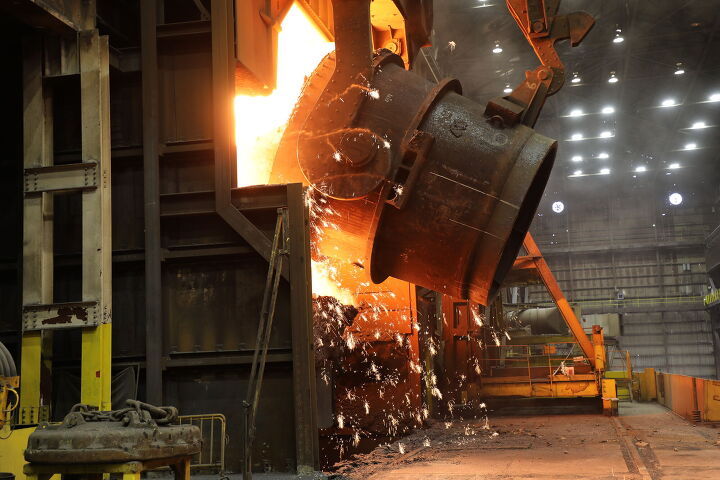


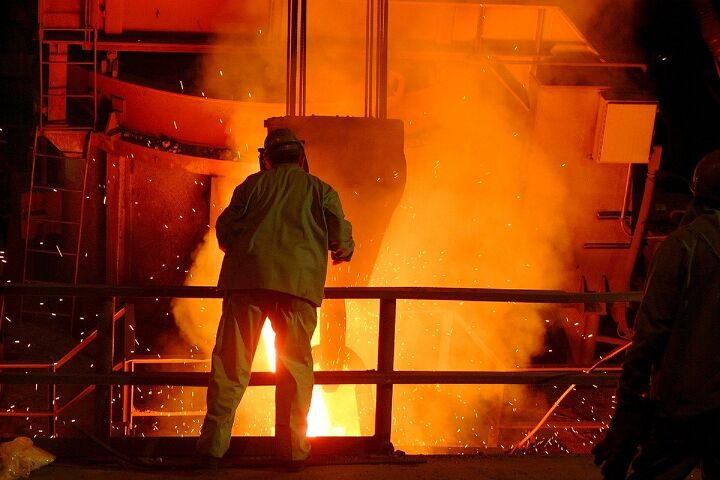

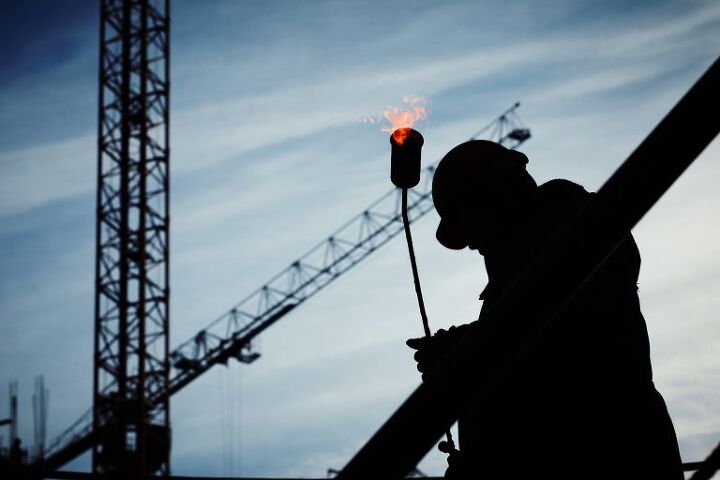
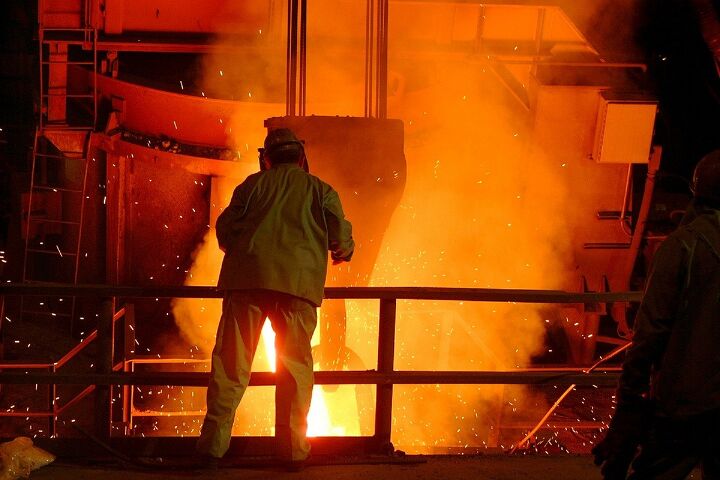
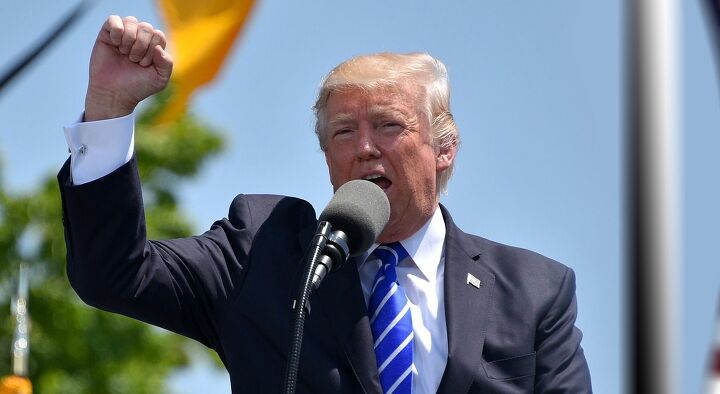



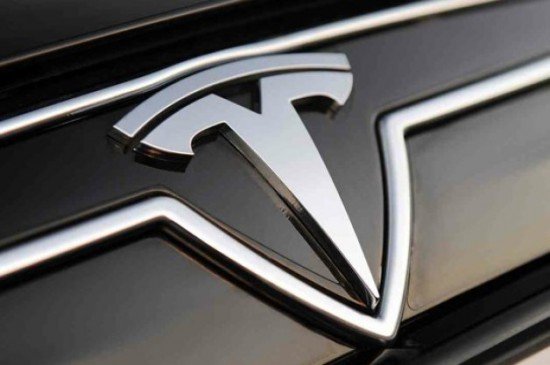
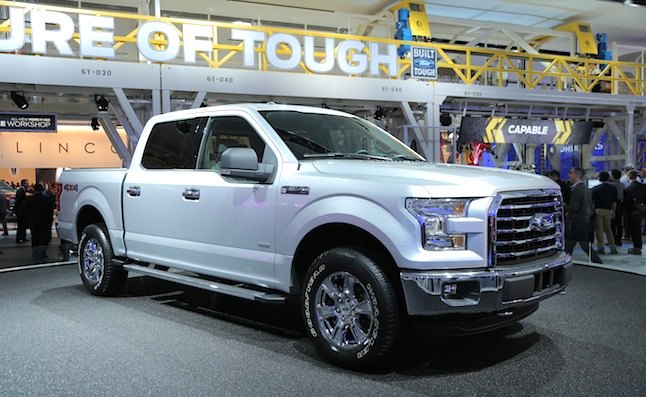












Recent Comments